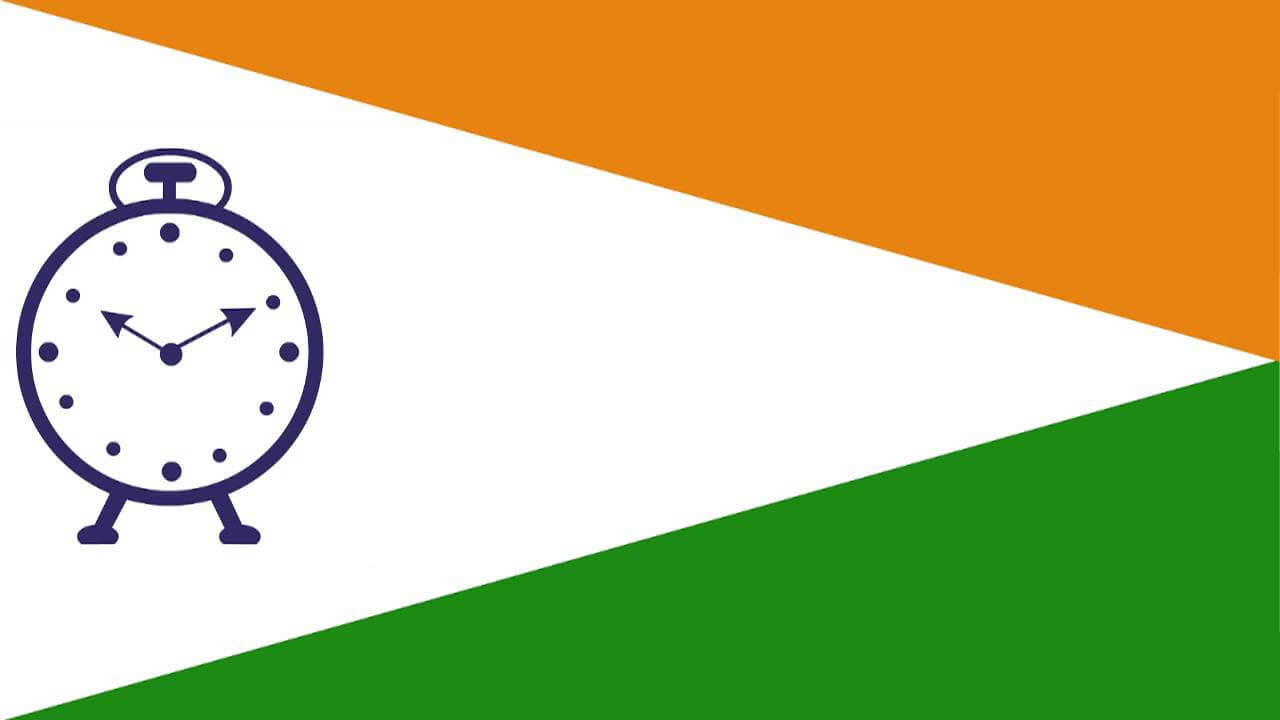
Praful Patel is a member of the Nationalist Congress Party. He is the General Secretary of NCP, Deputy Leader in Lok Sabha, Chairman of NCP Disciplinary Committee and In-charge of North East States, Gujarat, Goa and Madhya Pradesh.
The Nationalist Congress Party (NCP) is a true inheritor of the rich and glorious political legacy handed to the Indian National Congress (INC) by early stalwarts like Dadabhai Naoroji, Gopal Krishna Gokhale, Bal Gangadhar Tilak and Annie Besant, and by other veterans of the freedom struggle – The Father of the Nation Mahatma Gandhi himself, Pandit Jawaharlal Nehru, Maulana Abul Kalam Azad, Sardar Vallabhbhai Patel, Aurobindo, Subhash Chandra Bose, Khan Abdul Gaffar Khan, Smt. Sarojini Naidu, Madam Bikhaji Kama and Aruna Asaf Ali. This legacy is one of ardent nationalism and of secular ethos, the fountain-head of which is the very history of our civilization. It is also one that stands for individual freedom – social, economic and political.
It was on 25th May 1999 that the Nationalist leaders Sharad Pawar, Praful Patel and Shri Tariq Anwar with hundreds of their political supporters assembled at No. 6, Gurudwara Rakab Ganj Road, New Delhi and took the historic decision to form a new Political Party under the name ‘Nationalist Congress Party’. Sharad Pawar was elected President and Praful Patel and Shri Tariq Anwar, General Secretaries of the party.
NCP is the Millennial Party with a modern and progressive orientation. Our ideology is of a holistic democracy anchored on Gandhian secularism, equity, social justice and federalism based National Unity.